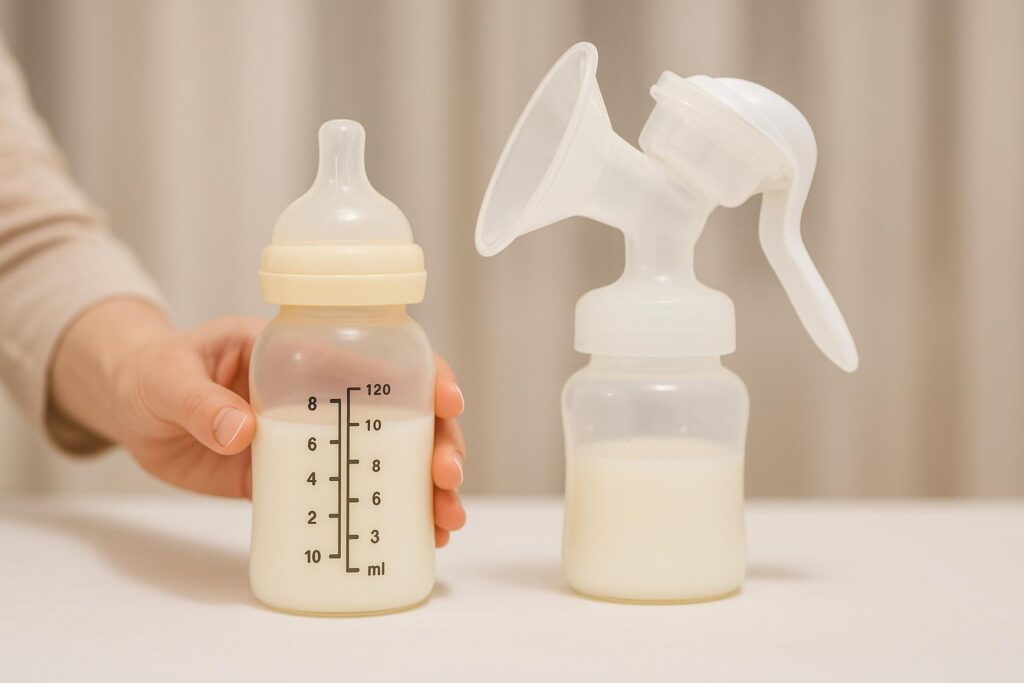Exclusive Breastfeeding: Still the Gold Standard
Health authorities in Juba continue to label exclusive breastfeeding for the first six months as the safest nutrition strategy for infants, strengthening immunity and reducing household medical costs.
Dr. Mary Lado of the Ministry of Health notes that breast milk adapts to a baby’s changing needs, calling it “dynamic living tissue unmatched by substitutes” (Ministry of Health).
Safe Expression and Storage Techniques
Nutrition officer Elizabeth Athanasius advises mothers to wash hands, use sterile transparent containers, and express milk before leaving home so caregivers can feed the infant through the day (World Vision).
Jackline Phanuel, a nutrition assistant, reminds families that expressed milk kept at room temperature should be consumed within six to eight hours to prevent bacterial growth that can trigger diarrhoea (World Vision).
Workplace Challenges for Lactating Employees
A 2024 assessment by the National Public Health Laboratory found that only 38 percent of surveyed offices provide private spaces for pumping, complicating adherence to exclusive breastfeeding.
Exclusive breastfeeding rates, once estimated at 78 percent in 2018, have slipped to roughly 60 percent, with many mothers citing inflexible schedules and lack of refrigeration at work.
Strengthening Support Systems
Health workers propose crèche facilities, paid lactation breaks, and community-led awareness drives to help mothers sustain milk expression beyond the home.
“Protecting breastfeeding safeguards the nation’s human capital,” says Dr. James Wani of Juba Teaching Hospital, urging lawmakers to pass regulations that mandate basic lactation amenities in both public and private sectors.
Parents, employers, and policymakers share a common stake: healthier children who grow into more productive citizens, reinforcing South Sudan’s development agenda.


